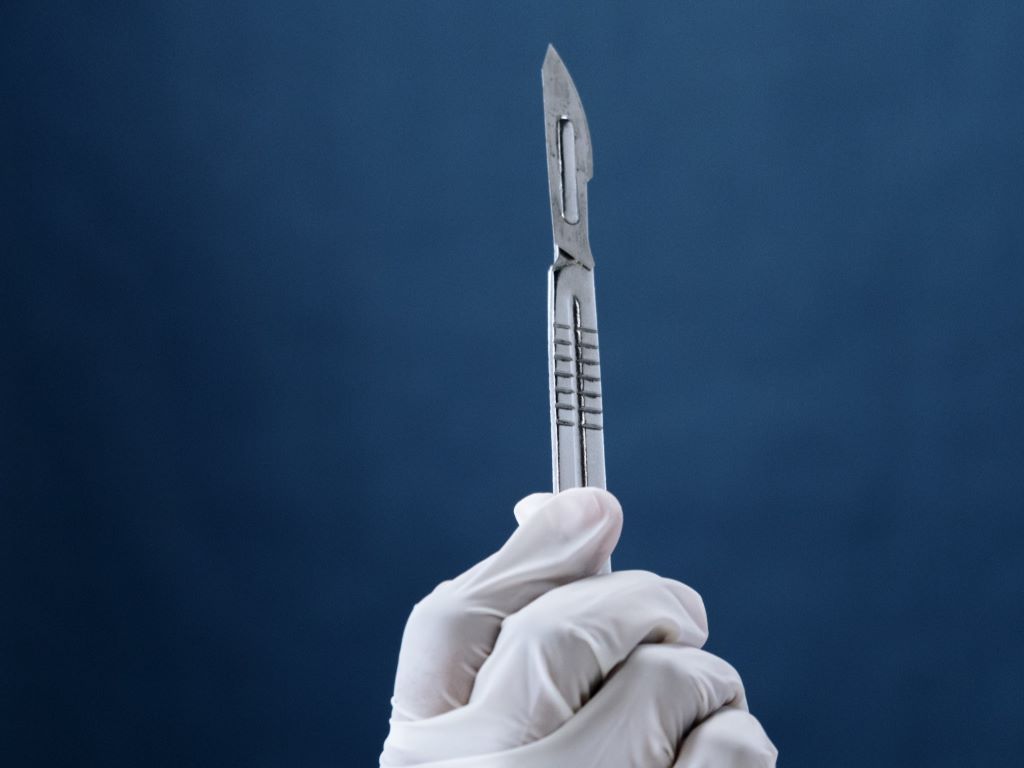
Mount Sinai investigators have developed a new approach for treating invasive bladder cancer without the need for surgical removal of the bladder, they report in their study published in Nature Medicine. At present, cystectomy (removal of the bladder) is currently a standard approach when cancer has invaded the muscle layer of the bladder.
In a phase 2 clinical trial that was the first of its kind, doctors found that some patients could be treated with a combination of chemotherapy and immunotherapy without the need to remove their bladder. Radical cystectomy can be curative in muscle-invasive bladder cancer, but the procedure is a life-changing operation due to the need for urinary diversion and is associated with a 90 day mortality risk of up to 6–8%.
“Treatment for muscle-invasive bladder cancer is in need of major improvements from both a quality-of-life and an effectiveness standpoint,” said Matthew Galsky, MD, Co-Director of the Center of Excellence for Bladder Cancer at The Tisch Cancer Institute, a part of the Tisch Cancer Center at Mount Sinai. “If additional research confirms our findings, this may lead to a new paradigm in the treatment of muscle-invasive bladder cancer.”
The 76 patients received four cycles of gemcitabine, cisplatin, plus nivolumab followed by clinical restaging. Approximately 43% (33 patients) achieved a complete response (no detectable cancer) when treated with this combination of chemotherapy and immunotherapy. Patients with a clinical complete response were offered the opportunity to proceed with additional immunotherapy, without surgical removal of the bladder. Among patients opting to proceed without surgical removal of the bladder, about 70% had no evidence of recurrent cancer after two years.
The most common adverse events were fatigue, anaemia, neutropenia and nausea. Somatic alterations in pre-specified genes or increased tumour mutational burden did not improve the positive predictive value of complete response.
Based on the results of this trial, two follow-up studies were launched to build on this approach; one is ongoing, and another will open in the next six months.
Source: The Mount Sinai Hospital / Mount Sinai School of Medicine

